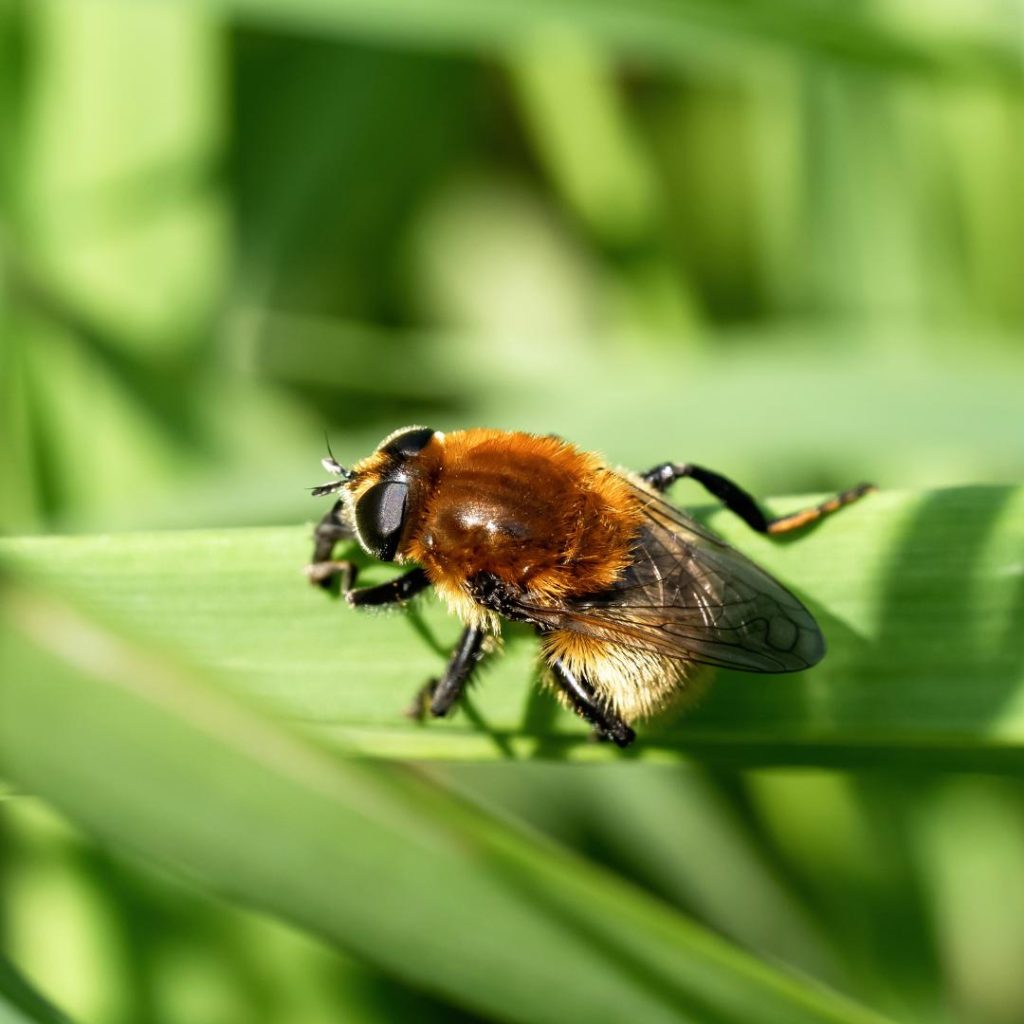Insect reproduction massively disrupted by high ozone levels

Insect mate choice is guided by scents, among other things. A new study has now shown how much it is influenced by ozone and what fatal consequences this has for certain species.
A research team at the Max Planck Institute for Chemical Ecology in Jena investigated the mating behavior of the common fruit fly(Drosophila). The result was that increased ozone levels change the composition of their sex pheromones. As a result, males had difficulty finding females of their species.
One consequence described by the study led by Nanji Jiang is that when species no longer find each other, hybrids emerge as a result of a boundary crossing.
In evolutionary terms, this development is problematic, as male hybrid flies are infertile. Females, of course, only give birth to hybrids. As a result, certain insect populations are dying out, according to the study published in the journal "Nature Communications".
How was the investigation conducted?
Four species of the genus Drosophila were selected for the experiment: Drosophila melanogaster and Drosophila simulans - globally distributed species - and Drosophila sechellia and Drosophila mauritiana, which are restricted to the area of the eponymous islands of Seychelles and Mauritania. The pheromones of these four species are very similar, but naturally they (tend to) only mate within their own species.
After ozone treatment (the animals were exposed to high ozone levels for two hours, which are comparable to those in large cities on hot days), the choice of partner was often "wrong". Hybrids were the result.
However, the ozone exposure not only affected the scents, but also certain sounds, the vibrations of the wings and other signals important for mating.
What does that mean?
The main conclusion is the realization that air pollution is threatening the species population of insects. This is not only limited to the important process of mating, but also nest finding and defense - in fact communication across the board is disrupted.
With insect populations constantly shrinking, knowing this is very important in order to pay even more attention to the disruptive factors and do something about them.






